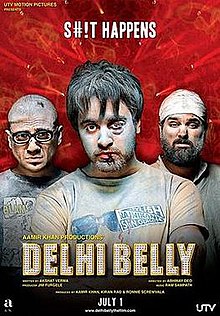
He (Williem Defoe) and She (Charlotte Gainsbourg) are having wild sex. They’re doing it against the bathroom wall, against the washing machine, on the floor, on the bed sincerely letting delicate objects in the proximity, topple over and break. Meanwhile, their little son is just getting out of his cradle with his eyes on the falling snow outside and climbs onto the table beside the window. Her eyes are on the boy but having been penetrated with full force for the last few minutes, she’s on the verge of climax. To the orgasm she succumbs, letting her beloved infant roll over and fall head first onto the curb. Here, ends the prologue.
The event described above doesn’t end there. The aftermath is one with complex ramifications. He expresses grief over the loss of his child and chooses to move on. She feels grief accompanied by guilt. She saw it happen and believes that she could’ve chosen other than her own sexual gratification. A month’s stay at the hospital hasn’t improved her condition. The doctor calls She’s grief atypical. She’s husband, He, a psychologist believes he has the ability to treat her without medication. In principle, He agrees with the doctor that a psychologist shouldn’t treat his own family but in this case, He doesn’t think another psychologist could know her better than he does. Thus embarks their psychotherapeutic journey. He keeps his relationship with She on a professional level letting her deal with her grief alone. When she needs a husband to grieve with over the death of their child, He chooses to escape from his own grief by diverting his attention to his work, with She being the object of dissection, irregardless of her own skepticism toward psychotherapy. What happened to helping you help yourself?


